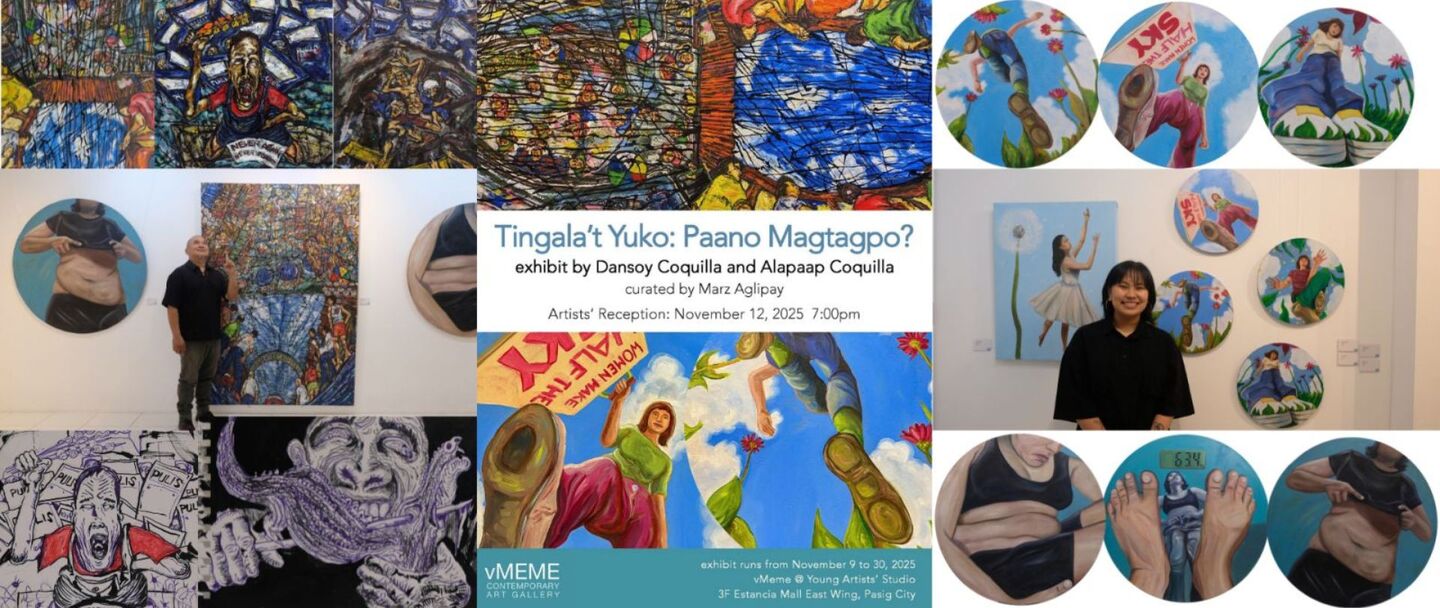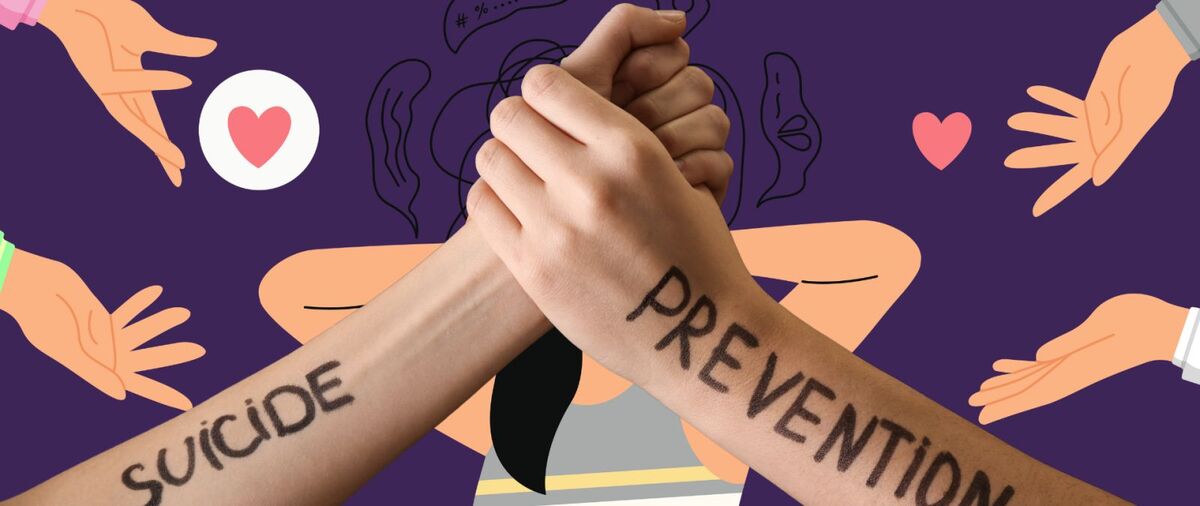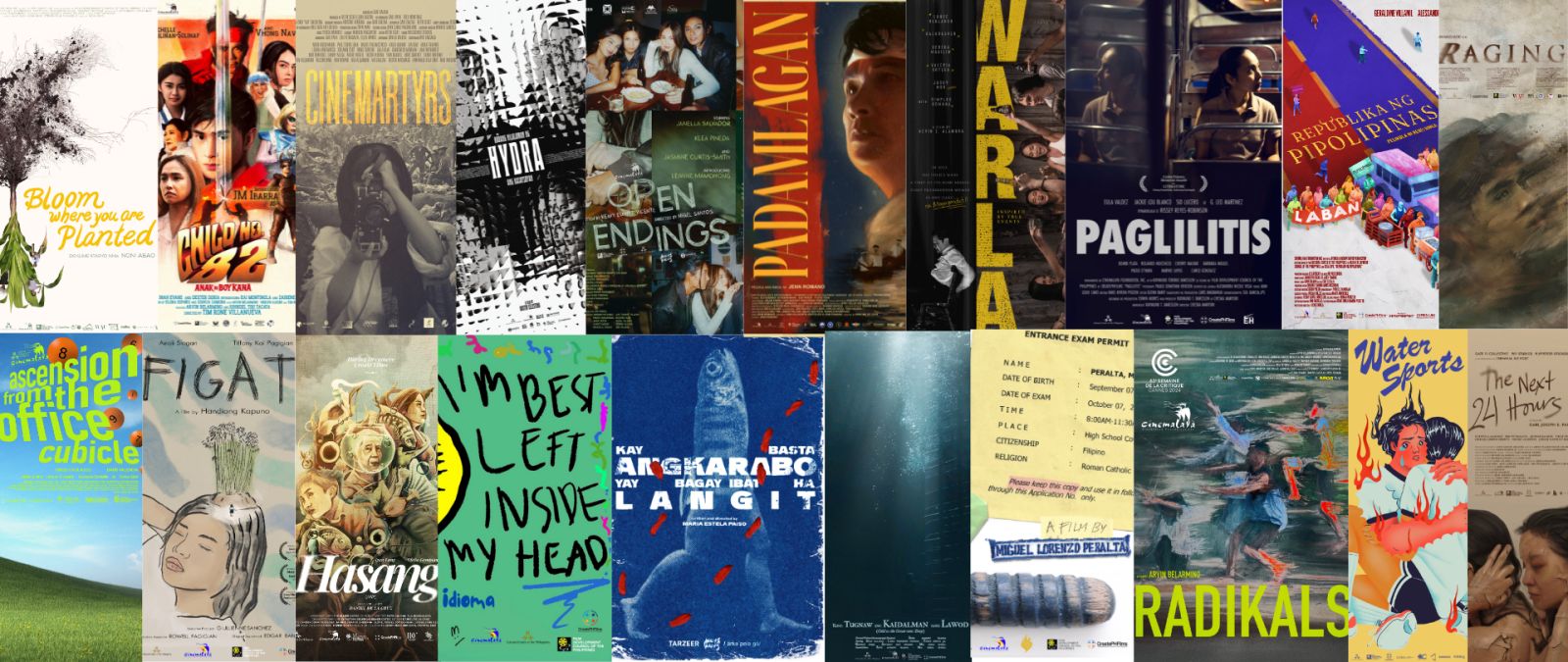SO WHAT EXACTLY IS ‘PINOYBATING’? COULD YOU REALLY GET ORGANIC FOLLOWERS BECAUSE OF THIS?
Around the globe, Filipinos are among the top users of social media platforms with an average usage of 4 hours and 15 minutes each day–no wonder foreigners use ‘Pinoybait’ to gain likes and followers.
Through the years, Filipinos have been drawn towards international recognition and attention, screaming “Pinoy Pride!” every time foreign news would announce the names of celebrities or pop stars who claim that they are partly Filipino.
Pinoy pride, or the outlook on being Filipino mirrors nationalism and respect toward Filipino culture. In the modern times, a lot of online content creators–mostly foreigners–have taken advantage of this, and fully capitalized on it by producing content that features anything and everything Pinoy.
Why wouldn’t they? As of January 27, 2021, the Philippines remains on top of the countries who use social media platforms. According to the annual report presented by advertising firms We Are Social and Hootsuite, Filipinos spend an average of 4 hours and 15 minutes each day on social media, which is 22 minutes higher than last year’s average of 3 hours and 53 minutes, and 3 minutes higher than 2019’s average of 4 hours and 12 minutes.
This was followed by Colombia which has an average of 3 hours and 45 minutes.
From foreigners who film themselves eating Pinoy street food, down to foreigners reacting to Filipino singers, it is evident that most online content now use ‘Pinoybaiting’ as a marketing strategy to gain more traction and profit.
For Filipino vlogger, podcaster, and Ripple awardee M.A. Buendia, ‘Pinoybaiting’ mirrors the Philippines’ response to global insecurity.
“Pinoybaiting is a marketing strategy used by creators to attract Filipino audience & fans. Foreign youtubers exagge reaction videos to our singers; series, tv shows and films involving the Philippines in their plotline. It’s effective coz our thirst for global validation is real,” Buendia said in a tweet.
“Call it as I see it, I say it like I mean it. Love or hate me I don’t care. I’ll speak my mind, stand in my truth and that’s it. SUPPORT FILIPINO CREATORS WHO PUT QUALITY CONTENT. Buy their merch, share their links and more importantly, don’t skip their ads,” he added.
Pinoybaiting is a marketing strategy used by creators to attract Filipino audience & fans. Foreign youtubers exagge reaction videos to our singers; series, tv shows and films involving the Philippines in their plotline. It’s effective coz our thirst for global validation is real.
— M.A. Buendía ???? (@MABuendiaHD) January 5, 2020
A lot of netizens also started to notice this scheme. One Twitter user even suspected that Filipinos are the easiest target for content baiting due to their proficiency in english.
“Considering the population of Philippines, the number of Filipinos who understand english and the number of social media users, we probably are the best target for them to increase their followers,” the tweet read.
True that! Considering the population of PH, the no. of Filipino who understands english & the no. of social media users, we probably are the best target for them to increase their followers. ????????♀️
— ????????????????????????_???????????? ???? (@_miss__right_) January 5, 2020
Online content featuring Filipino culture is really irresistible, and we may end up consuming more in the future. The least we could do for now is acknowledge the grim reality behind our fascination with foreign attention and support as many local content creators the same way we support foreigners.














